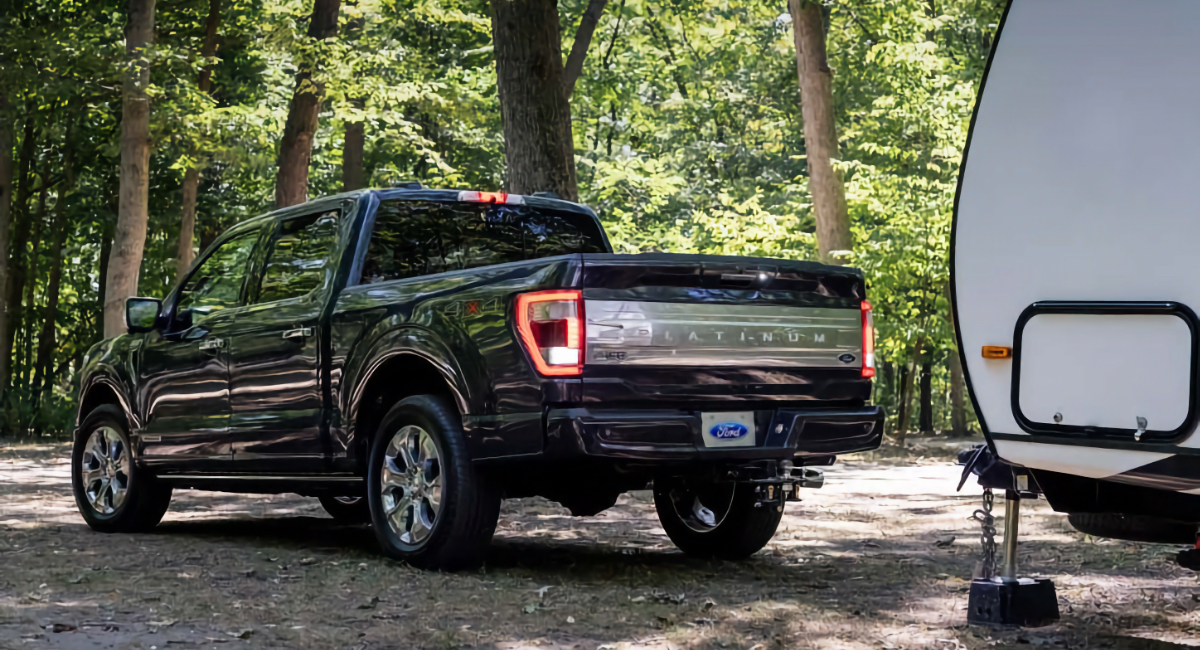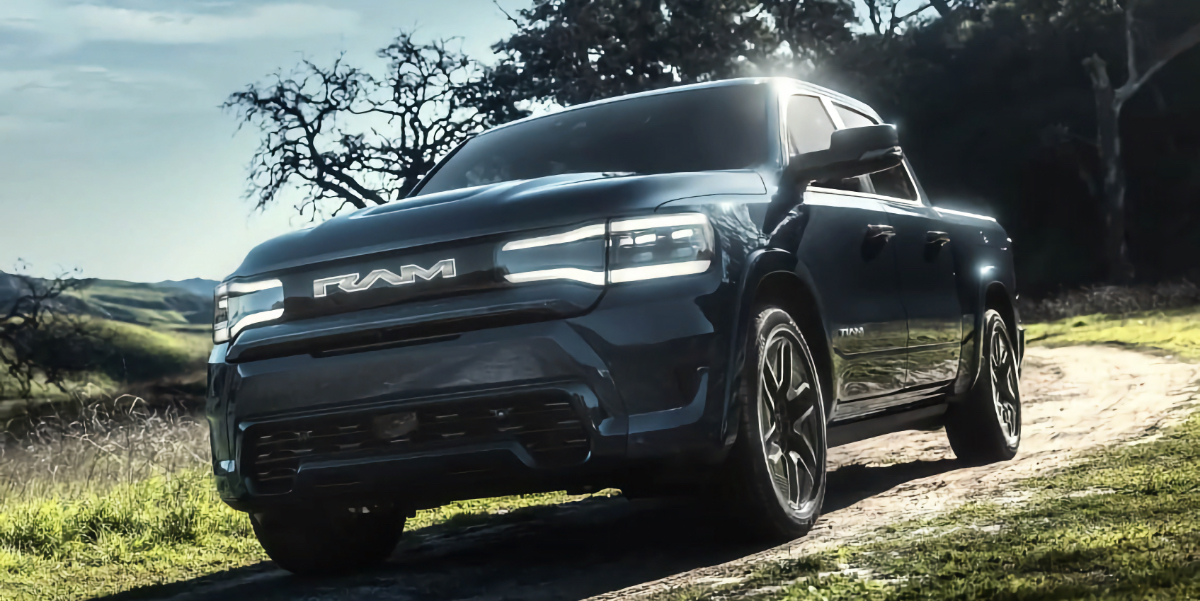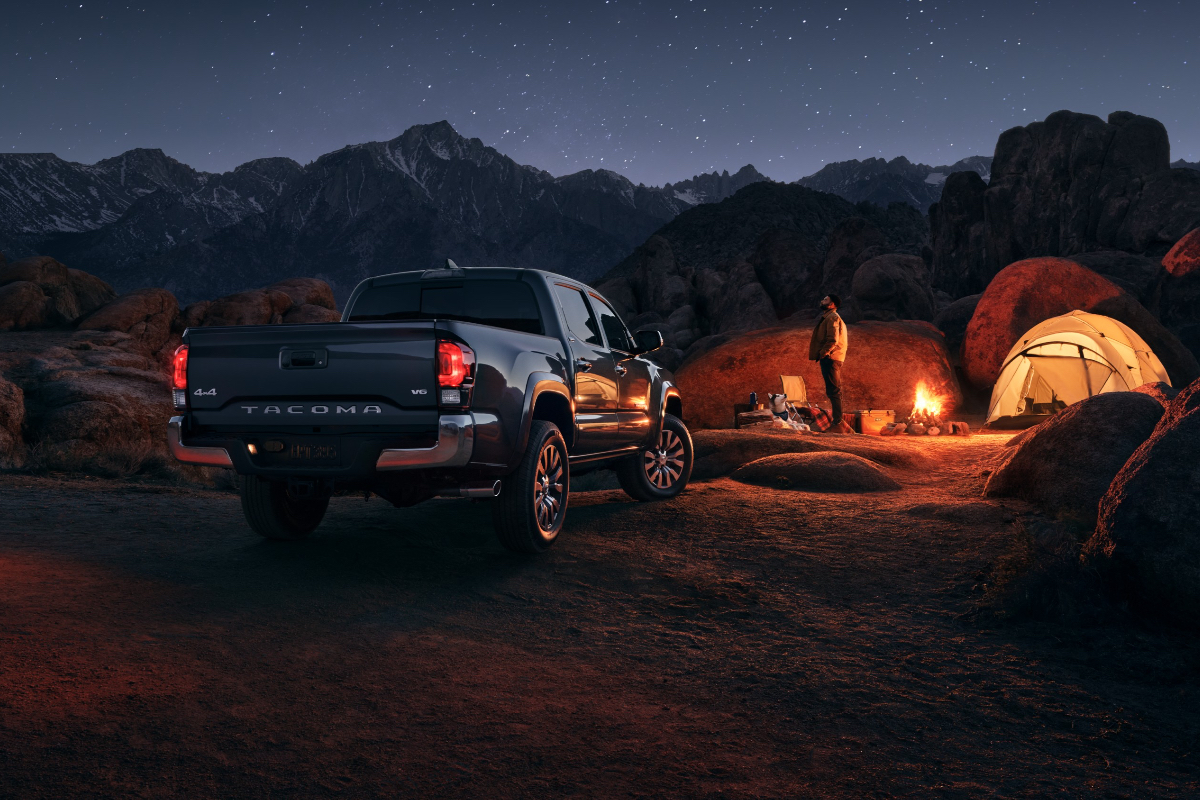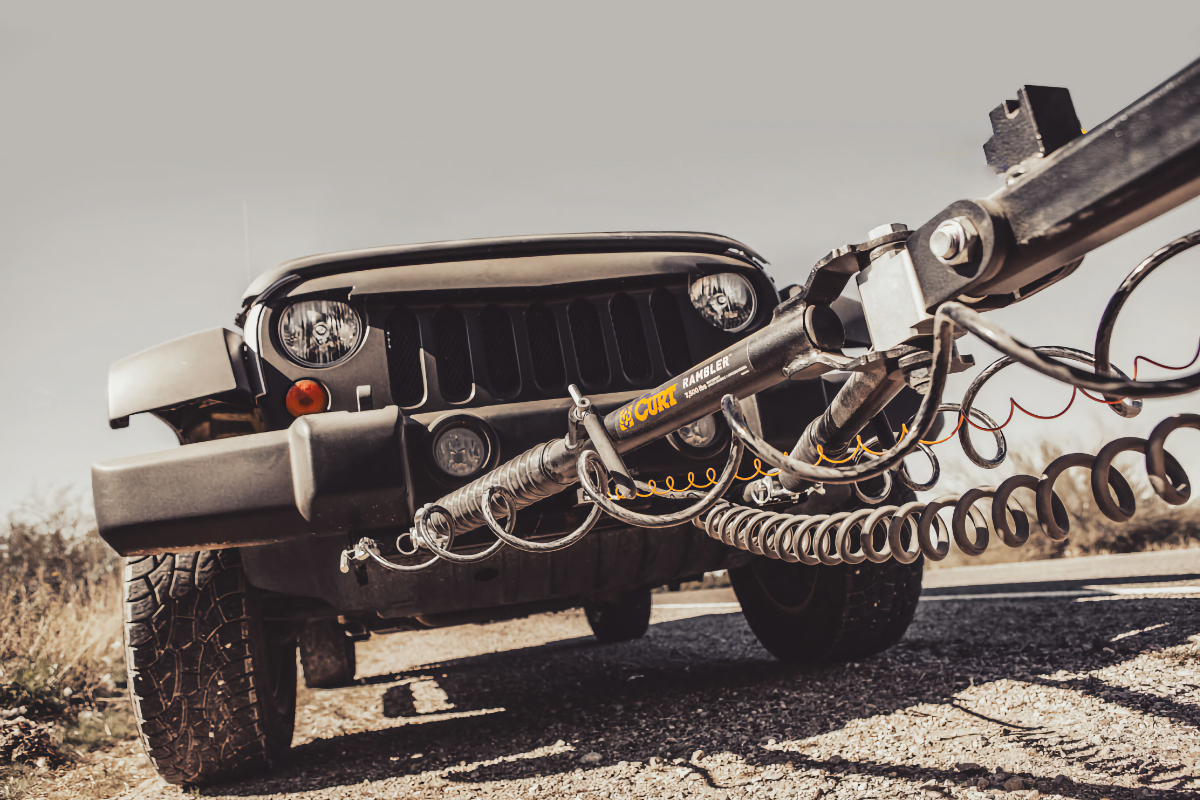Pro Tips for Off-Road Towing
Get All the Help and Advice You Need to Tow Off-Road Like a Pro
Image Caption:
The campground on the bluffs overlooking a picture-perfect valley. A dirt road that’s turned to mud since you drove across it last. A wrong turn that’s led you to trouble. We don’t typically think of off-roading when it comes to towing—especially not with RVs—but, chances are, you’ve witnessed a few situations when you’ve had to improvise to make it home or to your next campground.
Whether searching these situations out or being ready for the unexpected, have a plan in place for off-road towing situations.
Situations That Could Require Off-Road
How exactly are we defining off-road towing? While we don’t expect most folks will search out rock gardens to crawl with a full trailer in tow, less-than-ideal situations do arise when a campground or destination will require more from your towing rig. We’re defining off-road as any towing situation out of the ordinary where you’ll have to modify your driving technique or use tools to prevent getting stuck or to make your way to a better road or your destination.
These situations might include:
- Steep and unleveled dirt roads or primitive roads.
- Gravel roads or those affected by mud, snow, or ice.
- Roads affected by rock slides or abandoned to the elements.
These situations have one thing in common: they’re unexpected, and you could be stuck before you know it. That’s why you want to have the awareness at the first sign of these hazards, and to have a plan and the right tools in place.
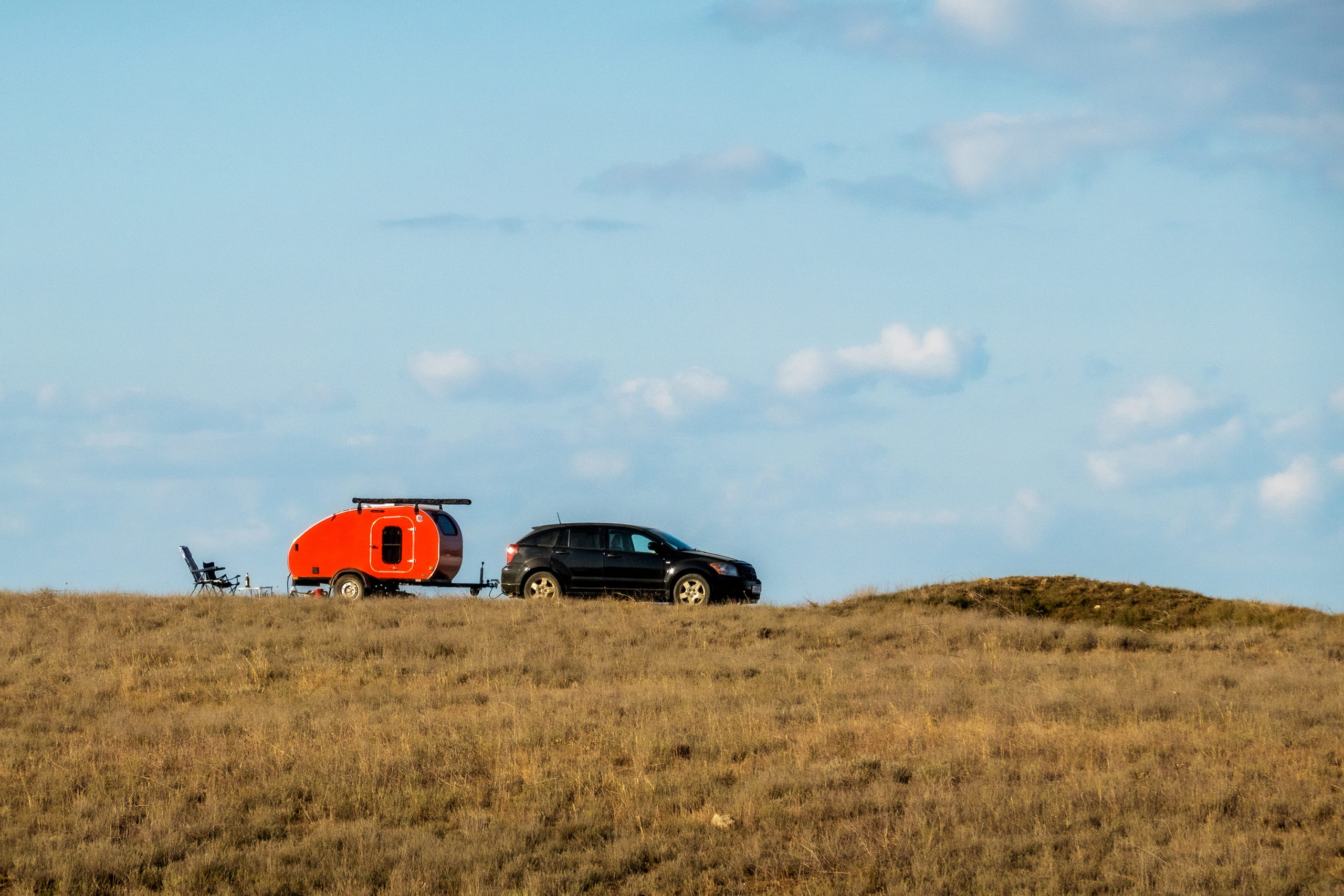
Take stock of your surroundings and recent and current weather conditions before you tow off-road (Image from Getty.
Examine Your Surroundings
Before attempting any off-road towing, get out of the vehicle and observe the area you’ll be traveling across. Identify hazards, take measurements if needed, and get an idea of what you’re up against. Then nominate a spotter.
A spotter walks outside the vehicle when off-roading to provide additional perspective for the driver. They’ll call out tire placements, identify hazards or potential damage points, and generally help as need. If you find yourself in an off-road situation while towing a camper or supply trailer, get some boots on the ground from a trusted passenger to keep watch. Some things for them to watch for:
- Height clearances: keep watch for branches, outcroppings, or pinch-points around mountain curves.
- Boulders and pot holes: with that many wheels on the ground, a spotter can watch for the hazards that would cause bumps or falls.
- Trailer safety: as the driver, you need to focus on getting over the road; the spotter makes sure you do that without causing damage to your vehicle or trailer.
If you happen to be travelling alone, spend additional time surveying the situation before attempting a drive, and use any available pauses to get out of your vehicle and evaluate the situation and plan your next move.
Equipment to Have On-Hand
Shovel, chainsaw, axes, tow rope, a few lengths of 2x4s, winch, straps — just about everything strapped to the sides of those doomsday vehicles you’ve seen on the road could very well come in handy in an off-road scenario. We tend to accumulate certain lifesaver equipment over the years from different camping and traveling experiences, and you should add some of these items in the event you drive off road.
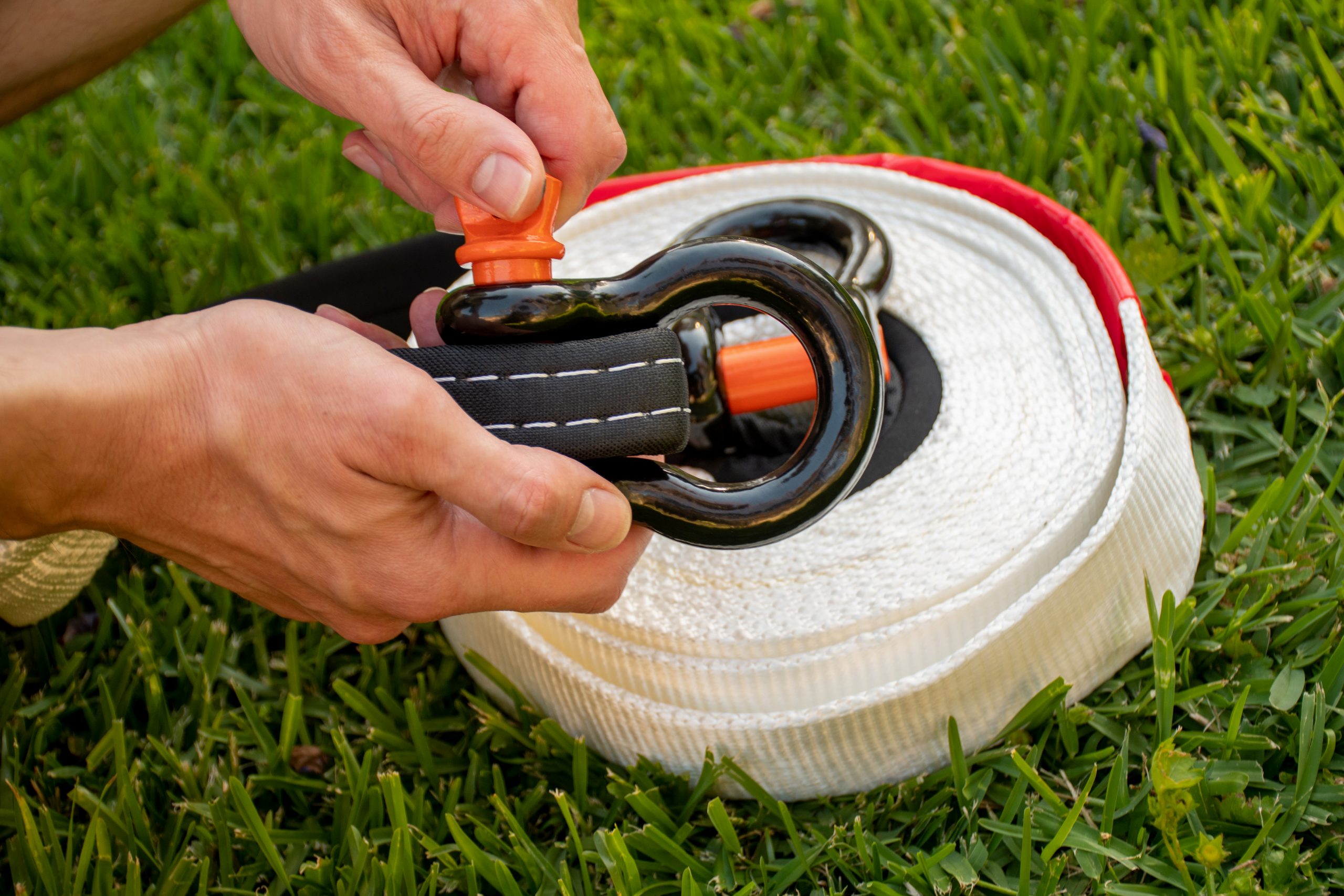
Planning to off-road tow? Make sure you have all the necessary equipment (Image from Getty).
For those who hope to never find themselves in a situation that would require them to take their rig off road, you still want to have a few tools available to you. For backroads with steeper grading or gravel, roads left unkept or affected by the elements, bring along items to help your tires gain traction — like boards or thicker mats to create level, dry driving conditions.
The Off-Road Trailer
Overlanders are no strangers to off-road towing, and you might have seen them with trailers specifically designed for tougher terrain. These are great options for extra storage to leave behind at the campsite when you need your primary vehicle for excursions. These trailers are built specifically for off-road, come equipped with an articulating hitch and have a longer wheelbase and a higher center of gravity — all in effort to make 6-wheel off-roading a feasible challenge. Just know that, when you see these rigs tackle difficult terrain, that’s what they’re built for, and you should be careful where you follow.
Know Your Rig
Whether you’re planning on traveling off road or not, in any situation you need to know what kind of clearance your vehicle and trailer have—especially when it comes to RVs. Because of varying ground clearances, holding tanks, plumbing, and other parts of RV appliances, you’ll want to identify the riskier exposures underneath your RV. In doing so, you’ll know what to watch for when driving across unsurfaced roads.
The same goes with your towing vehicle: know what towing power your engine is capable of before taking chances, and only attempt situations your vehicle could easily handle without the added burden of a trailer. That includes evaluating your towing applications and what they’re designed to handle—some won’t have the allowances needed for the angles required in off road towing, for example.
When possible, plan routes that are designed for towing situations, and only attempt off-road towing with equipment designed for these situations. Be prepared for the unexpected—including equipment, knowledge, and training.

